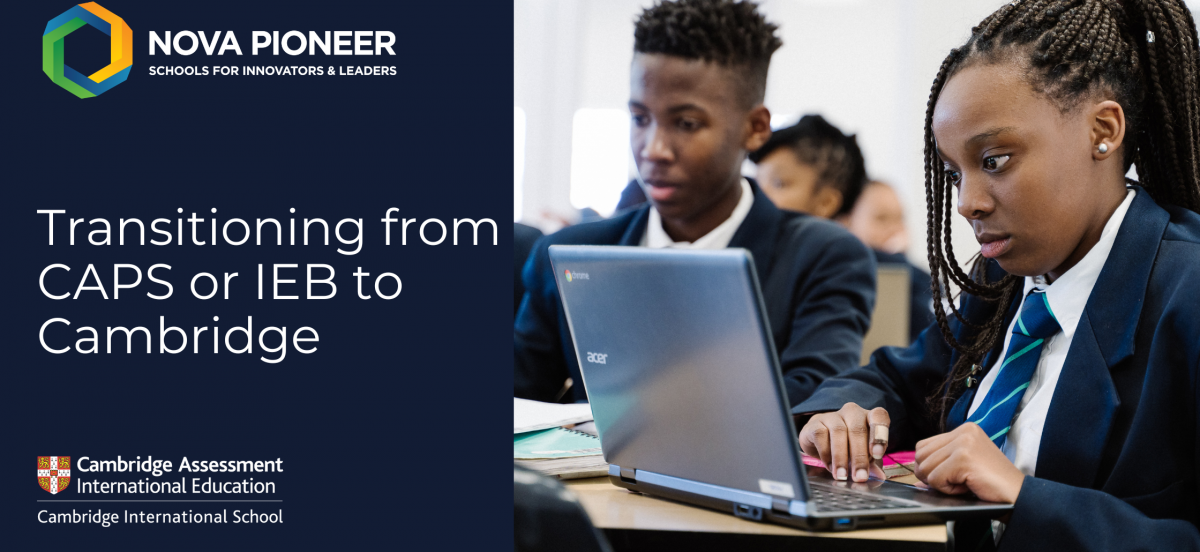Choosing the right curriculum is a significant decision that shapes a student’s academic journey and future opportunities. Many parents and students consider transitioning from the South African CAPS (Curriculum and Assessment Policy Statement) or IEB (Independent Examinations Board) to the Cambridge curriculum for its global recognition, emphasis on critical thinking, and flexible learning approach. If you’re considering this transition, here’s what you need to know.
Understanding the Differences
Curriculum Structure and Approach
CAPS and IEB follow a structured national curriculum, whereas Cambridge is an internationally recognised system offering a broad and flexible syllabus. The Cambridge curriculum is inquiry-based, promoting independent learning and problem-solving skills rather than rote memorization. It also allows students to tailor their subject choices based on interests and career aspirations.
Assessment and Examination Style
One of the key differences is in assessment methods. CAPS and IEB use continuous assessments and final exams, often with a strong focus on internal coursework. Cambridge, however, has externally moderated exams, and assessment methods vary across subjects, incorporating practical exams, oral assessments, and coursework components. The emphasis is on applying knowledge rather than recall-based testing.
Pacing and Workload
The Cambridge curriculum is often described as rigorous but flexible. Unlike CAPS, where content is delivered within a set timeframe, Cambridge allows students to progress at their own pace. This can be an adjustment for students used to a highly structured timetable but also offers the advantage of deeper understanding and mastery of concepts.
Key Considerations for a Smooth Transition
1. Adapting to a New Learning Approach
Cambridge encourages independent learning, requiring students to take initiative in their studies. Transitioning students should develop strong study habits, time management skills, and critical thinking abilities to excel in this environment.
2. Subject Selection
Unlike CAPS and IEB, where subject choices are often pre-defined, Cambridge offers flexibility in selecting subjects at IGCSE and A-Levels. It’s essential to research subject combinations that align with university prerequisites and career goals.
3. Adjusting to a Different Exam Format
Students may find Cambridge’s exam format different, with structured long-answer questions, practical applications, and essay-based responses. Preparing for this new assessment style through past papers and Cambridge-specific revision techniques can be beneficial.
4. Seeking Support and Resources
Parents and students should take advantage of available resources, including Cambridge textbooks, online study guides, and tutoring if needed. Schools offering the Cambridge curriculum often provide orientation sessions and academic support to ease the transition.
5. University Recognition and Future Opportunities
Cambridge qualifications are globally recognised, opening doors to international and South African universities. It’s advisable to check specific university entry requirements, especially for South African institutions, to ensure a smooth higher education transition.
Transitioning from CAPS or IEB to Cambridge can be a rewarding move that equips students with strong analytical, problem-solving, and research skills. While the shift may require an initial adjustment period, the long-term benefits of a globally recognised education system can provide students with enhanced learning experiences and broader academic opportunities.
If you’re considering this transition, reach out to our team at Nova Pioneer to learn more about how we support students in making a seamless switch to the Cambridge curriculum.

